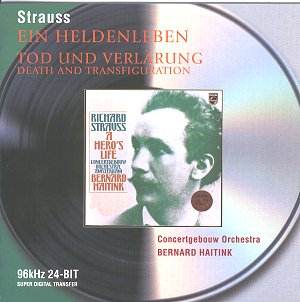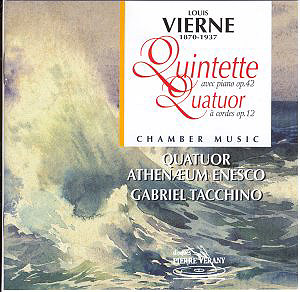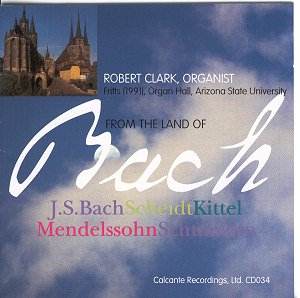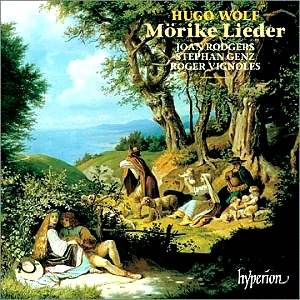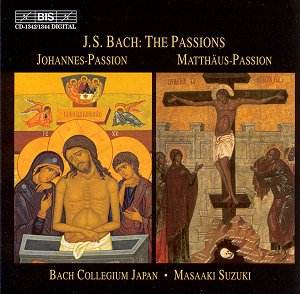 Composer: Johann Sebastian Bach (1685-1750)
Composer: Johann Sebastian Bach (1685-1750)
Works: St. John Passion BWV 245, St. Matthew Passion BWV 244
Performers: Ingrid Schmithusen, soprano; Yoshikazu Mera, counter-tenor; Gerd Türk, tenor (Evangelist); Chiyuki Urano, bass (Jesus); Peter Kooij, bass (Petrus, Pilatus); Nancy Argenta, soprano; Robin Blaze, countertenor; Makoto Sakurada, tenor; Chiyuki Urano, bass
Recording: April 1998 (St. John), March 1999 (St. Matthew), Kobe Shoin Women’s University, Japan
Label: BIS CD-1342/1344
Bach’s two passions, the St. John and St. Matthew, stand as monumental achievements in the choral-orchestral repertoire, each reflecting a profound theological and musical complexity. These works encapsulate the essence of the Baroque Passion tradition, merging narrative, reflection, and dramatic expression. Masaaki Suzuki’s recordings with the Bach Collegium Japan, now re-released in a budget-friendly format, invite both seasoned listeners and newcomers to experience these masterpieces through a lens of historical performance practice that emphasizes clarity and vocal sincerity.
Suzuki’s interpretation of the St. John Passion (1749 version) is particularly noteworthy for its immediacy and dramatic tension. The opening chorus, “Herr, unser Herrscher,” bursts forth with an electrifying urgency that is palpable, a testament to Suzuki’s mastery in shaping the ensemble sound with a relatively small orchestra of 21 musicians and a choir of 20. The choice of a harpsichord for continuo adds a distinctive sonority that enhances the work’s Baroque authenticity, with Suzuki himself at the instrument, effectively grounding the harmonic texture. This contrasts intriguingly with many modern interpretations that lean towards the orchestral lushness of larger forces. Each soloist brings a vivid characterization to their roles, with Gerd Türk’s Evangelist standing out for his intense delivery of the recitatives, which are imbued with a dramatic weight that captivates the listener.
Yoshikazu Mera emerges as a revelation in the St. John Passion; his rendition of “Von den Stricken meiner Sünden” is a paragon of humility and grace, masterfully conveying the aria’s poignant introspection. This section, along with “Es ist vollbracht,” showcases Mera’s ability to evoke a profound emotional response, establishing a benchmark for expressive singing in this repertoire. While soprano Ingrid Schmithusen brings a bright tone, her performance lacks the depth of emotional engagement found in her colleagues, which slightly diminishes the overall impact of her arias. Nevertheless, the choir’s performance remains a highlight, delivering the choral movements with a blend of precision and warmth that elevates the spiritual narrative of the work.
The St. Matthew Passion, recorded under somewhat more competitive circumstances, does not reach the same heights as its predecessor but remains a commendable interpretation. Suzuki’s approach here favors slower tempos, which allow for dramatic unfolding and heightened emotional resonance, though it risks losing some of the momentum that the narrative demands. The separation of the two choirs and orchestras is well-executed, producing a striking spatial effect that adds depth to the texture. Robin Blaze’s countertenor lends a humanizing quality to his lines, resonating with a clarity that often eludes his peers. However, Nancy Argenta’s contributions are less convincing; her struggles with certain passages detract from the overall cohesiveness of the performance. Nevertheless, Peter Kooij delivers a powerful portrayal of Jesus, navigating the emotional landscape with remarkable sensitivity.
The engineering quality of the recordings is excellent, with a clear balance between voices and instruments that allows each element to shine through. The ambient acoustics of the Kobe Shoin Women’s University provide a warm, resonant backdrop that enhances the listening experience without overwhelming the intricate interplay of the music.
Suzuki’s re-release serves as a vital resource for anyone interested in Bach’s sacred music, particularly for those who have yet to engage with his interpretations. The St. John Passion is arguably one of the finest recordings available, while the St. Matthew Passion, despite its shortcomings, is worthy of attention for its illuminating moments. This collection not only stands as a testament to Suzuki’s deep commitment to historically informed performance but also offers a profound insight into Bach’s spiritual and musical worlds, making it an essential addition to the library of any serious Bach enthusiast.
